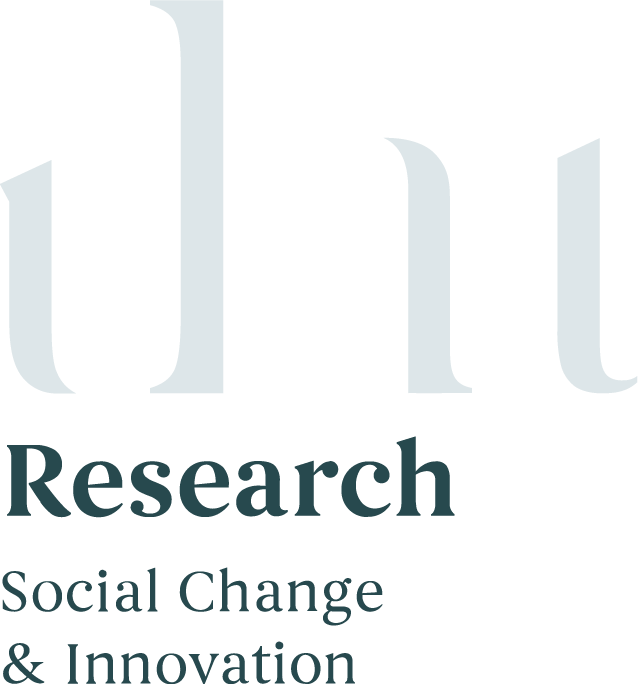Navigators Phase 2 Research
Project Background
Whānau Ora Navigators work with whānau and families to identify their needs and aspirations, support their participation in core sectors such as housing, education, primary health and employment and link and coordinate access to specialist services. Navigators assist whānau to set long-term goals and encourage them to take charge in working towards them. This research followed on from the initial research in 2017, reviewing the recommendations and supporting continuous improvement for the Navigator network.
What we did
Four evaluators interviewed 33 Navigators, eight hosts, five stakeholders (including Te Pūtahitanga o Te Waipounamu staff) and two whānau. In total, 48 interviews were conducted. The interview data was transcribed and analysed through NVivo using inductive sorting. The evaluation was designed to be conducted in a way that is consistent with kaupapa Māori research principles (Pihama & Southey, 2015; Cram, 2010). The work was intended to be mana-enhancing and carried out alongside Navigators and whānau to understand how they perceive the developments over the past two-years and the impact for whānau.
The interview data was analysed using the five critical elements of a whānau-centred model of delivery and practice. There is evidence there are effective relationships between whānau, Navigators, hosts and Te Pūtahitanga o Te Waipounamu staff that benefit whānau. Whānau are building capability, leading their own change, and accessing whānau-centred services with the support of Navigators. The introduction of training and networking over the past two-years has seen the Navigator workforce capability grow significantly. The Navigator network across Te Waipounamu has strengthened.
Outcome
There is evidence the Navigators are having a significant impact in Te Waipounamu. Analysis of the monitoring data and case narrative demonstrate how whānau, with the support of Navigators, are making positive progress by taking small steps toward a larger goal. The whānau case story in this research describes the strengths-based approach of the Navigator, the complexity of the whānau need and the resourcefulness of the Navigator in supporting whānau to achieve their goals.
Five key areas for focused continuous improvement are identified in the data; uplifting the status of Navigators, understanding and mitigating risk involved for crisis intervention, workforce strategy to address gender imbalance, consider the design of the devolved system and understanding volume and projecting impact.
“I can’t think of any negatives and if they can’t help me, they try and look for others who can, and if they can’t they still try, and that’s all you can ask for really. I mean if they can’t help anywhere else then they just try and, we just try and work it out ourselves. We try and work it out as a team together.”
Find out how we can help you
We’ll work with you to find out what’s working, where investment could be put to best use or how to improve anything not going to plan. We can help you define success and set tangible, measurable goals. And we talk in real language so you can understand and engage with the findings. We engage with the community to conduct community research and consultations for private companies, trusts, government agencies, NGOs and more. But we have a special interest in research that has a purpose - to better society and teach lessons. We aim to help those we work with build capacity to enact positive change.


